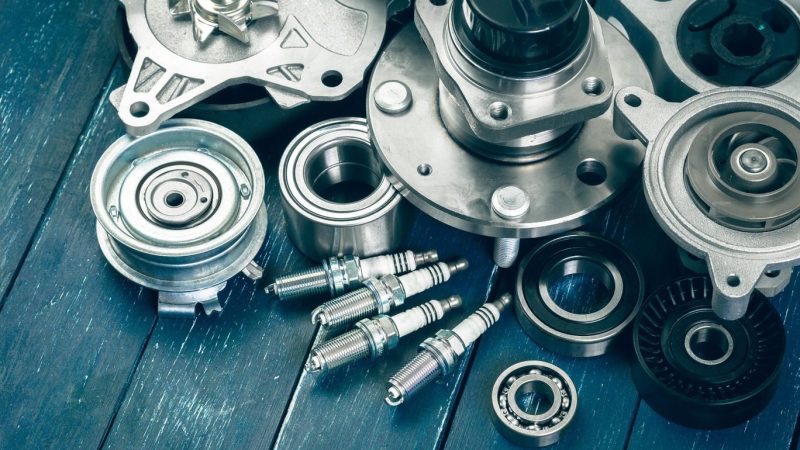Undergoing repairs for your vehicle is key to keeping it running safely, but before making a decision it’s essential that you consider all possible costs involved.
An automobile with frequent or extensive repair bills can quickly become uneconomical to own, especially if these repairs occur regularly and frequently. Here are a few strategies for keeping repair costs at a manageable level: 1. Compare Repair Quotes.
1. Shop Around
Auto repairs can be expensive, so it is wise to shop around for the best rates without compromising quality.
Referrals from friends or family are an ideal starting point, but also do your research by reading online reviews of each shop – this can give an accurate idea of their reputation and pricing structures.
Find deals on parts and labor by taking advantage of online coupons and discounts. Some shops even provide loyalty programs which could save money over time.
Keep all receipts related to car repairs as this will make budgeting for future services and repairs much simpler, and may allow you to deduct certain expenses when filing taxes!
2. Don’t Overpay for Parts
Auto repairs may be inevitable, but that shouldn’t mean being gouged on them. Unfortunately, many shops and dealerships take advantage of modern cars’ intricate mechanisms by overcharging customers for certain services or parts.
Of course, mechanics are generally able to assess your vehicle quickly and provide a quote on-the-spot; however, verbal estimates can often be misleading and inaccurate.
One way that auto repairs may cost too much is when purchasing inferior replacement parts. That is why it’s crucial to conduct thorough research before selecting any parts manufacturer; some may offer cheaper versions without informing you, saving some money but eventually costing more in terms of quality than expected.
3. Don’t Overpay for Labor
Car repair expenses can quickly drain any budget, even with emergency savings funds and credit cards in place. Even these resources can become depleted quickly.
Labor costs often make parts the more costly option. It’s also essential to understand how much shops mark up their parts and labor – many chains and independents do not supply their own parts but instead purchase from third-party sources; some shops may mark them up from 20%-100%.
Similar to an “estimated book time”, technicians may give you an estimated “book time” for certain jobs such as replacing ball joints – typically around 2.4 hours; but experienced techs may complete it faster – it’s wise to ask how long a particular job will take before paying anything upfront.
4. Don’t Overpay for Repairs
Never overpay for repairs! Unfortunately, some shops try to mislead you into spending more than necessary – one way you can protect yourself is by always getting a written estimate before having work completed.
Compare estimates from multiple mechanics and ensure that you aren’t being overcharged for repairs. It is also wise to never let anyone use your credit card without your explicit permission, sign any documents without first reading them and avoid giving shops your driver’s license or car registration number without authorization to pull your insurance coverage.
Avoid taking your car to a dealership for out-of-warranty work as dealerships usually charge higher hourly rates and frequently use OEM parts that are more costly than aftermarket or remanufactured parts.






